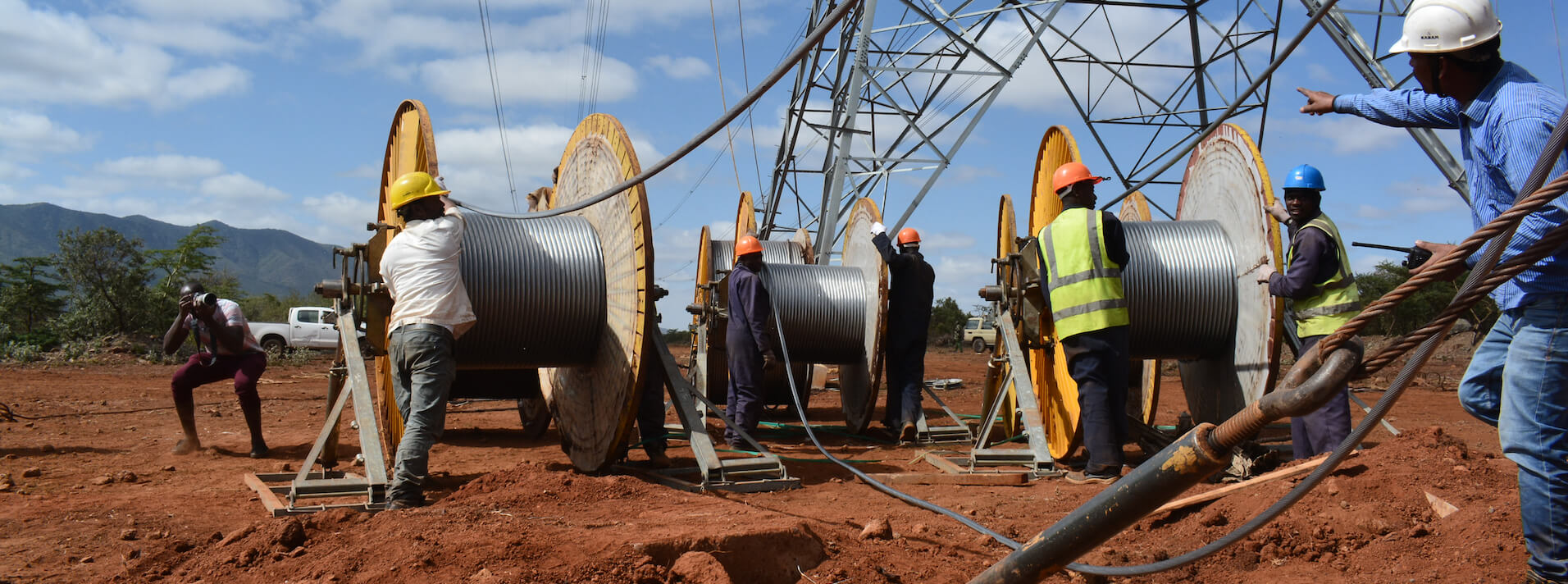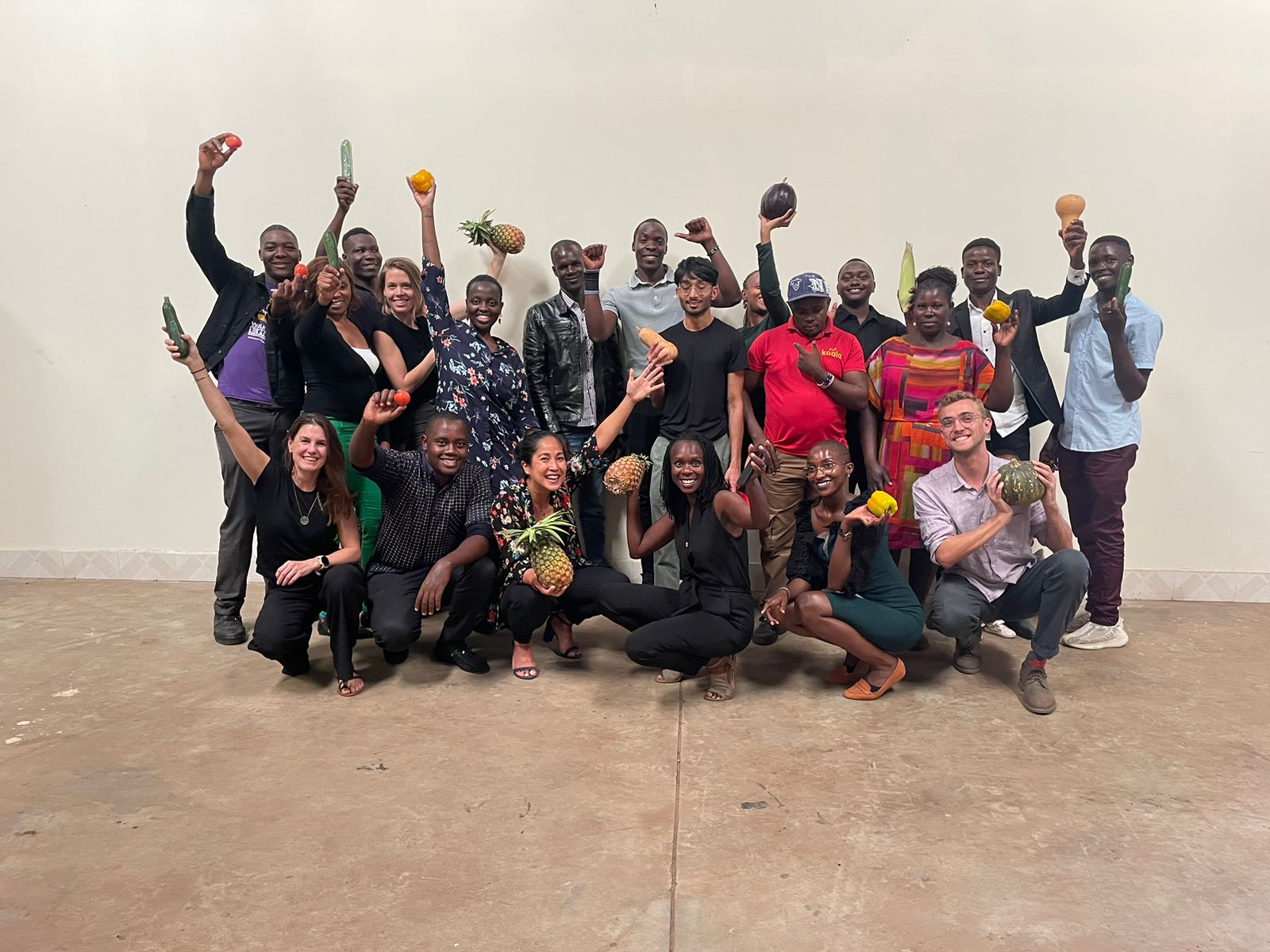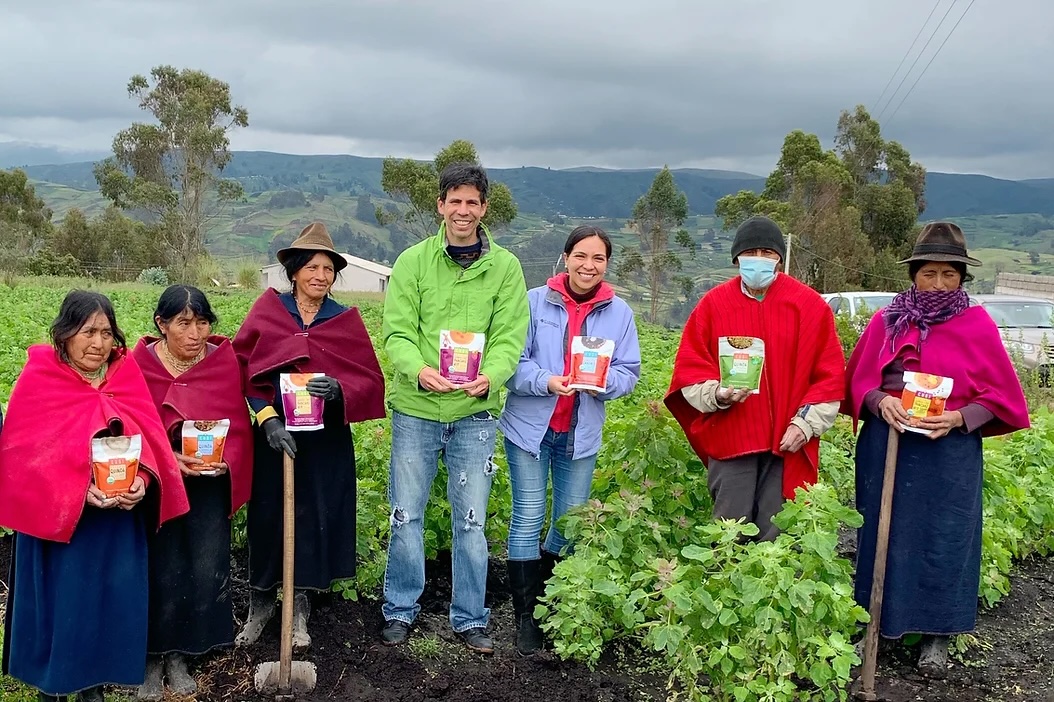ImpactAlpha, August 8 – Africa faces an annual infrastructure financing gap of at least $100 billion.
“Only 6% of all infrastructure financing comes from the private sector,” which is low compared to other regions, Acre Impact Capital’s Hussein Sefian told ImpactAlpha. “Everything else comes from governments or donors.”
Acre has raised capital €40 million from the European Investment Bank and additional funding from several South African banks for its Export Finance Fund, which uses international government guarantees to leverage commercial capital for African infrastructure developments. The fund aims to help close funding shortfalls for renewable power, health, food, water and green transport projects.
Export finance
Acre’s model leans on an under-tapped source of infrastructure finance: export credit facilities. ECAs, often from the Global North, are government-owned institutions that facilitate exports to emerging and frontier markets. They’re often willing to provide credit-risk guarantees that cover up to 85% of an infrastructure project’s costs. Acre aims to provide the capital for the remaining commercial tranche.
Acre will cut checks of $15 to $20 million, unlocking guarantees and bank financing for projects of up to $150 million.
“By providing specialist funding for this tranche, the Fund will unlock transactions and could mobilize $5.6 of private sector capital for each dollar invested,” the European Investment Bank said.
Acre itself received catalytic capital from Rockefeller Foundation and GuarantCo to launch the fund, and from USAID to integrate 2X gender-focused criteria into its investment process.
Novel model
“Because our strategy is quite unique and innovative, we spend a lot of time educating institutional investors – about not only the strategy itself, but also about the risks and opportunities in the continent,” said Sefian. Each market’s investment environment is unique. “All of these countries have their own stories, their own development trajectory, and political environment.”
He added, “We can look at transactions in jurisdictions that others would find more challenging.”











